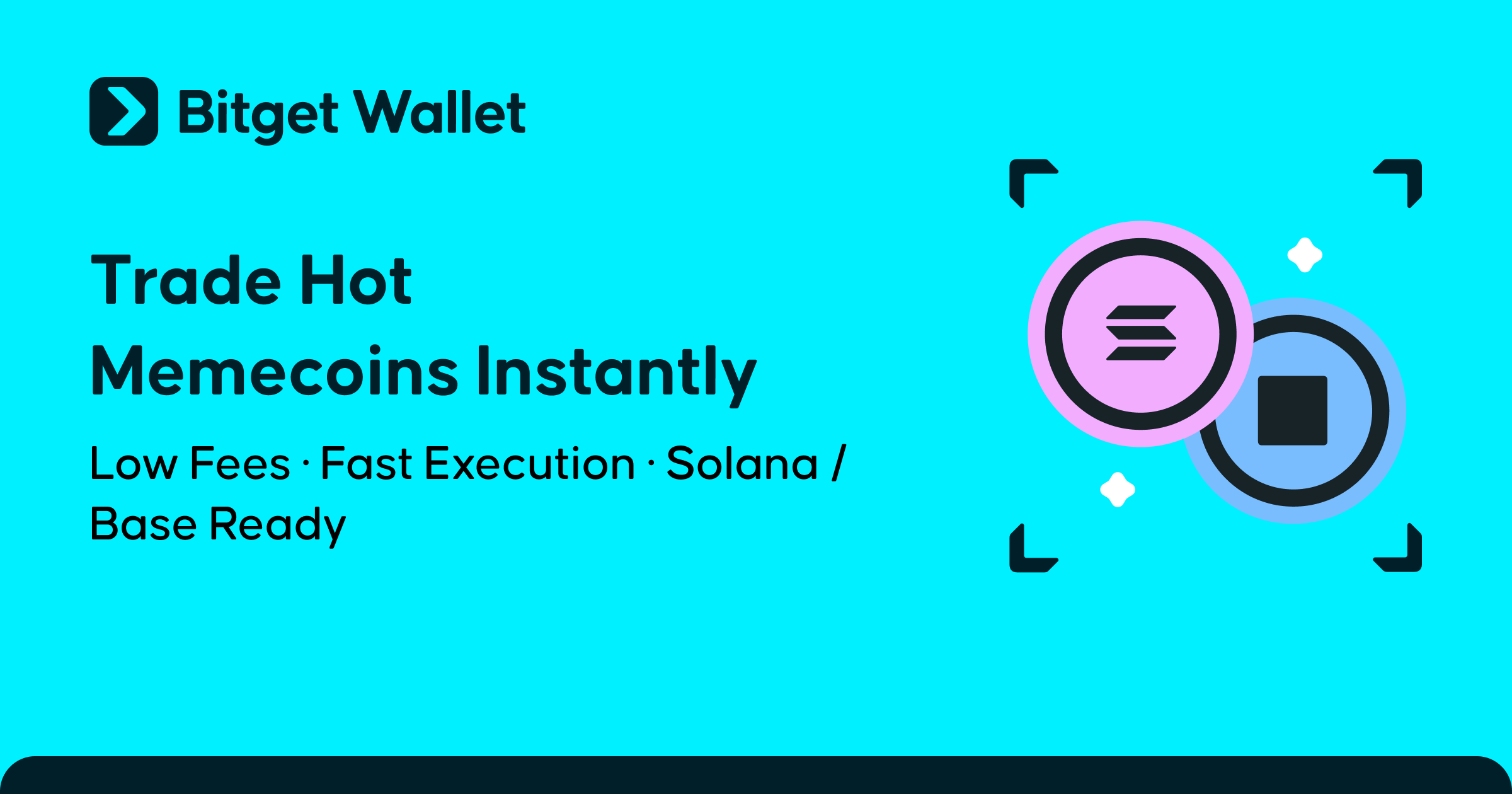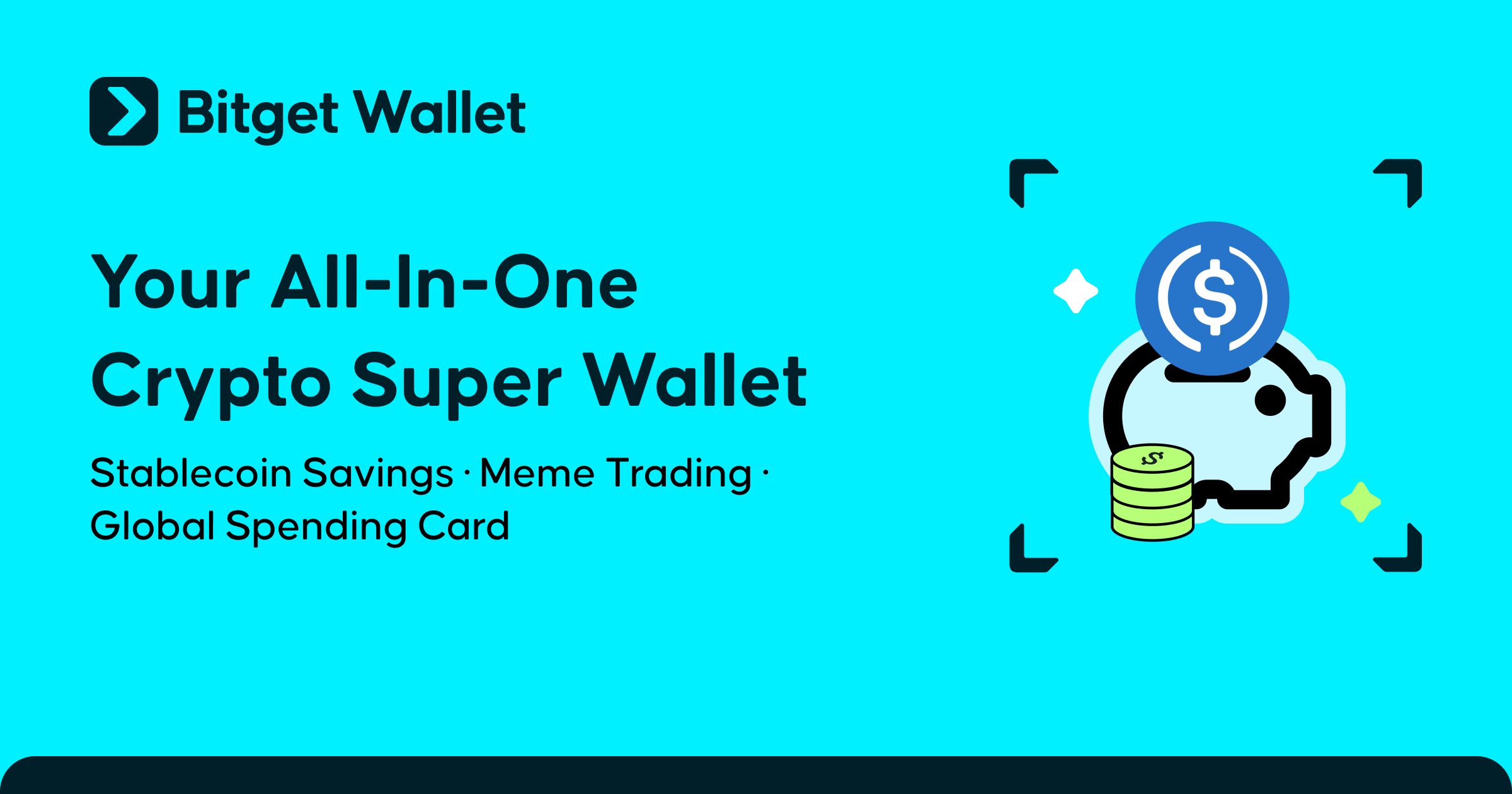All You Need To Know About DePIN

What Is DePIN?
Decentralized Physical Infrastructure Networks (DePINs) are a revolutionary idea in the cryptocurrency world that is changing the way we think about infrastructure. They use blockchain technology to build peer-to-peer networks for real-world infrastructure, including wireless networks, data storage, and power grids.
DePINs let people contribute their own physical resources to these networks, essentially changing them from passive users to active participants. This encourages more widespread engagement, which is critical to the network's development and viability.
As more individuals join the network and give their resources, it becomes stronger and more beneficial to everyone involved. Additionally, DePINs propose a novel economic model in which users get cryptocurrency incentives for donating their resources. This not only helps people by offering a new source of income, but it also improves the efficiency and cost-effectiveness of infrastructure construction and maintenance.
How Does DePIN Work?
DePINs use blockchain-based protocols to manage how network users contribute resources and get rewards. To join a DePIN network, users must purchase suitable gear or software, depending on the network's requirements. This gear or software might include wifi hotspots, data storage units, or specialist computer equipment.
When users have the requisite equipment, they connect it to the DePIN network and set it up to share resources with other network users.
The technical specifics of how resources are shared and rewarded differ depending on the DePIN network. In general, DePIN protocols automate these operations via the use of smart contracts. Smart contracts are blockchain-based contracts that autonomously handle the flow of resources and incentives between parties.
For example, a DePIN network for sharing internet bandwidth may utilize smart contracts to monitor data consumption and automatically reward tokens to users who offer internet access to others. Similarly, a DePIN network for data storage may employ smart contracts to govern storage allocation and compensate users for contributing storage space.
What Makes DePIN Unique?
Decentralization: DePINs reduce the single points of failure and control that exist in conventional, centralized infrastructure. In other words, there’s no one entity capable of censoring or manipulating the network. Plus, a decentralized structure strengthens DePINs' resilience to outages and assaults.
Incentivized participation: DePINs incentivize users to give resources and gain rewards in the form of cryptocurrency tokens. This encourages more widespread engagement, which is critical to the network's development and viability. As more individuals join the network, it becomes stronger and more beneficial to everyone engaged.
Cost-effectiveness: DePINs can be more cost-effective than conventional infrastructure because of lower overhead expenses. They reduce the need for costly, centralized infrastructure build-outs by using the current resources of individual members. This might result in more affordable prices for companies and consumers that depend on these networks.
Community ownership: DePINs promote a feeling of communal ownership. Individuals who participate in the network have a vested interest in its success. This shared ownership approach results in a more engaged and responsible user population, eventually benefiting the whole DePIN ecosystem.
What Is The Future Potential Of DePIN?
DePINs have the potential to disrupt various businesses in unprecedented ways, such as by increasing infrastructure accessibility, affordability, and efficiency. By decentralizing infrastructure and incentivizing participation, they will revolutionize telecommunications, transform energy grids, and enhance the Internet of Things (Iot).
In essence, DePINs are more than just technology. They are about reinventing how we engage with and profit from the infrastructure that supports our contemporary lives. As DePIN adoption increases, it’s anticipated that these networks will play a larger role in defining the future of countless other industries.
What Are The Top DePIN Ecosystem Coins?
The DePIN landscape is rapidly evolving, with some notable projects having gained traction:
Internet Computer (ICP)
Render (RNDR)
Filecoin (FIL)
Bittensor (TAO)
Arweave (AR)
Theta Network (THETA)
Akash Network (AKT)
MultiverseX (EGLD)
Livepeer (LPT)
AIOZ Network (AIOZ)
Note: This list is based on market capitalization and may not reflect the overall potential of each project.
Within the DePIN ecosystem, the IO.net wallet is an essential part. It enables users to effortlessly connect their GPUs to the IO network, contributing to the network's computational power and receiving incentives in exchange. The wallet also supports safe transactions and offers an easy-to-use interface for managing DePIN participation.
Does DePIN Have A Future?
DePIN's future appears good, with several factors contributing to this optimistic outlook. As demand for data storage, computer power, and internet connectivity grows, conventional infrastructure models struggle to keep up. DePINs provide a scalable and cost-effective solution by harnessing unused resources from people worldwide.
Plus, the rising awareness of data privacy problems and the demand for censorship-resistant networks are completely consistent with DePIN's key concepts. The growing popularity of blockchain technology and the emergence of Web3 apps also offer an ideal environment for DePINs to thrive.
DePIN adoption is projected to increase when more people learn about the advantages of engaging in decentralized networks. This will result in a more robust and lucrative DePIN ecosystem.
Which Crypto Narrative Does DePIN Leverage?
DePINs align with numerous major crypto narratives, such as:
Web3: They embody the decentralization ethos, contributing to a more distributed and user-controlled internet.
Tokenization: They leverage tokens to incentivize network participation and create new economic models.
Decentralized Finance (DeFi): They open doors for innovative DeFi applications, enabling users to earn yield on their crypto holdings by contributing to the DePIN infrastructure.
Sharing Economy: They promote a collaborative approach to infrastructure development, fostering a more efficient utilization of resources.
Are DePIN Wallets Free?
Yes, most cryptocurrency wallets that support the relevant blockchains (such as Helium and Ethereum) are free to download and use. Bitget Wallet is no exception, with you being able to download it for free right on your device. When engaging with the blockchain, keep in mind that you’ll need to acquire the native tokens of the individual DePIN network you wish to participate in, as well as pay transaction costs (or gas fees).
- How to Buy LGNS in 2026: A Beginner’s Step-by-Step Guide to Longinus2026-02-04 | 5mins
- How to Buy JYPC in 2026: A Beginner’s Step-by-Step Guide to JPY Coin2026-02-02 | 5mins


















